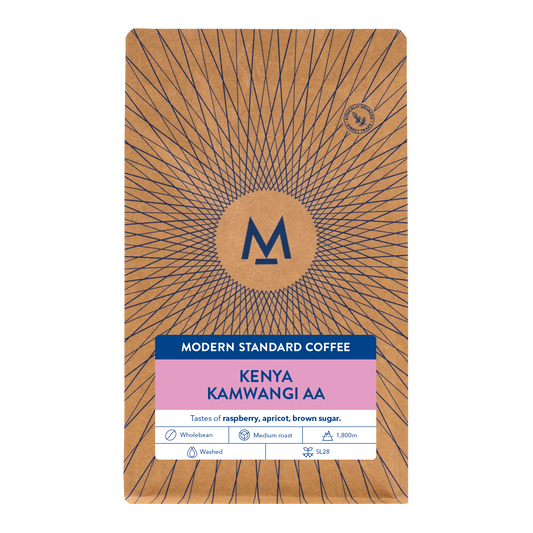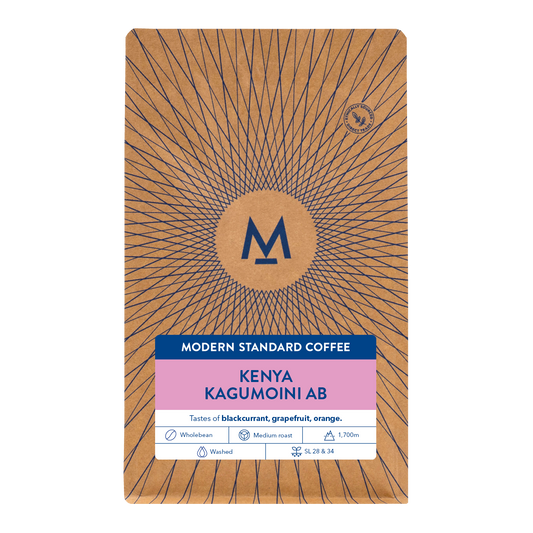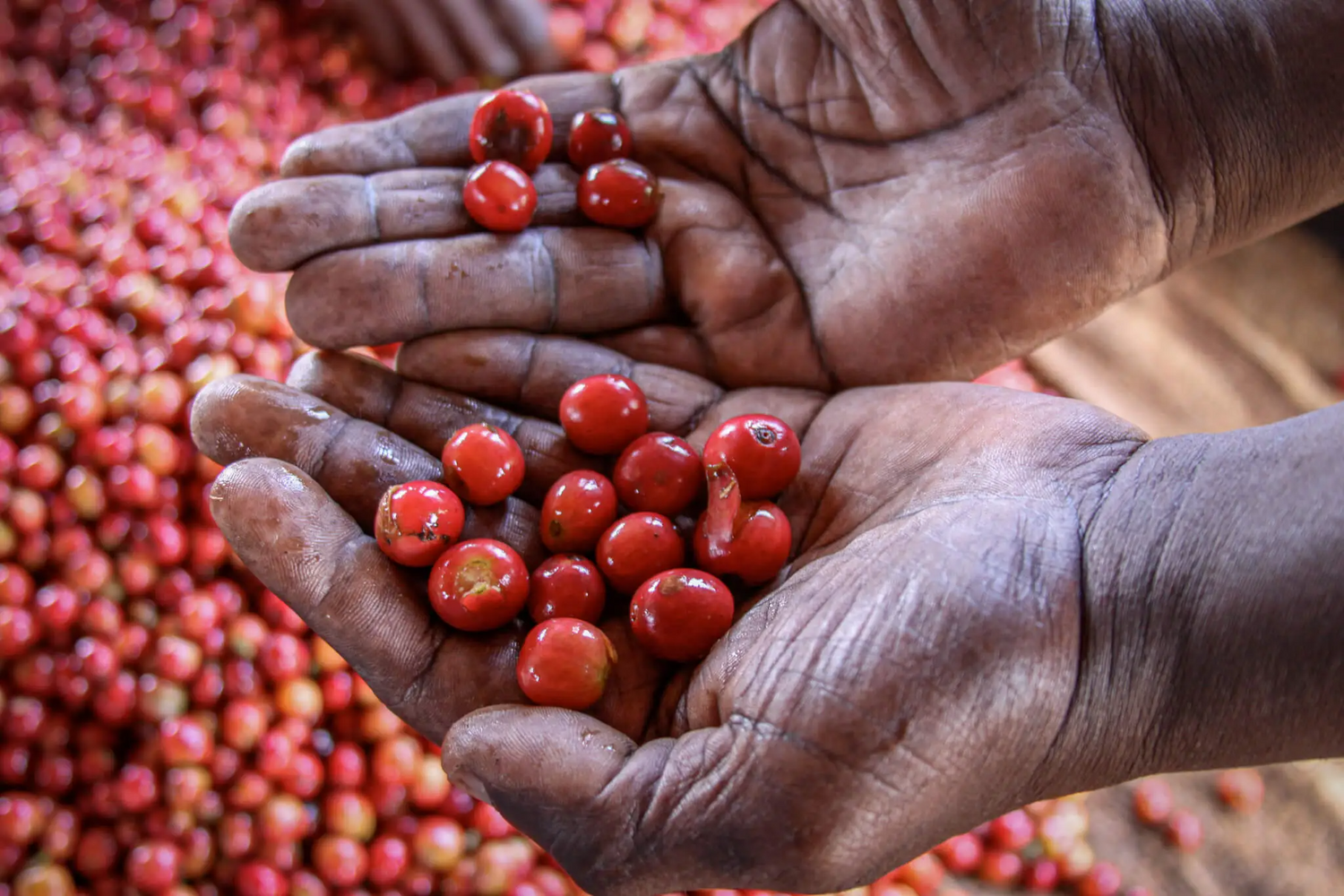
Brazil
Though coffee growing had a relatively late start in Kenya, the industry has gained and maintained an impressive reputation.
Since the start of production, Kenyan coffee has been recognised for its high-quality, meticulous preparation and exquisite flavours.
key facts

Harvest months
Central Kenya: May – July (early crop) | October – December (late crop)
Production volume
800,000 (in 60kg bags)
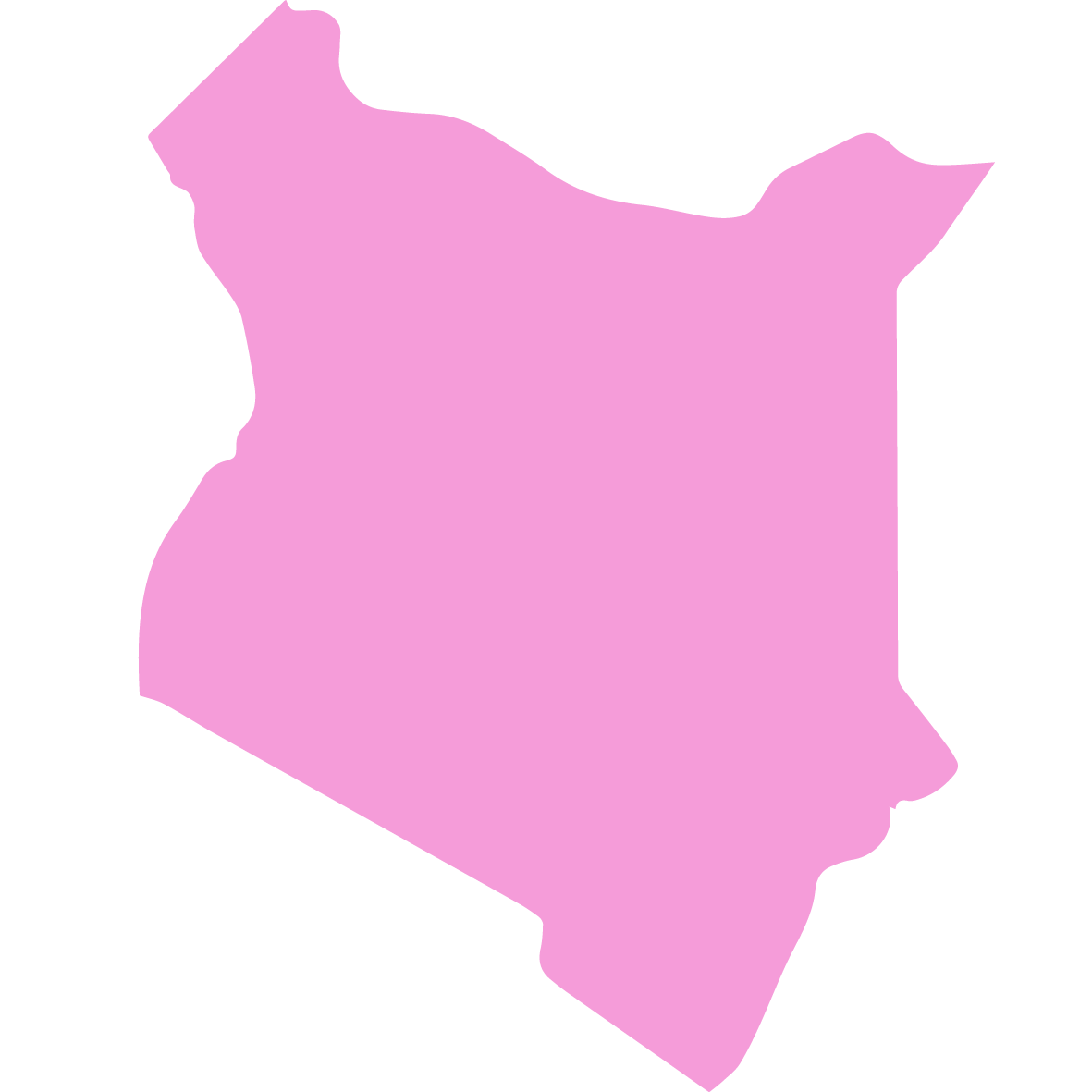
Main regions
Central Kenya: Nyeri, Muranga, Kirinyaga, Kiambu | Eastern Kenya: Meru, Tharaka Nithi, Embu, Machakos | Coast: Taita Taveta | Western Kenya: Bungoma, Kakamega | Rift Valley: Nakuru, Kericho, Trans Nzoia, Uasin Gishu, Baringo | Nyanza region: Kisii, Nyamira
Common varietals
SL28, SL34, K7, Ruiru 11, Batian, Kent
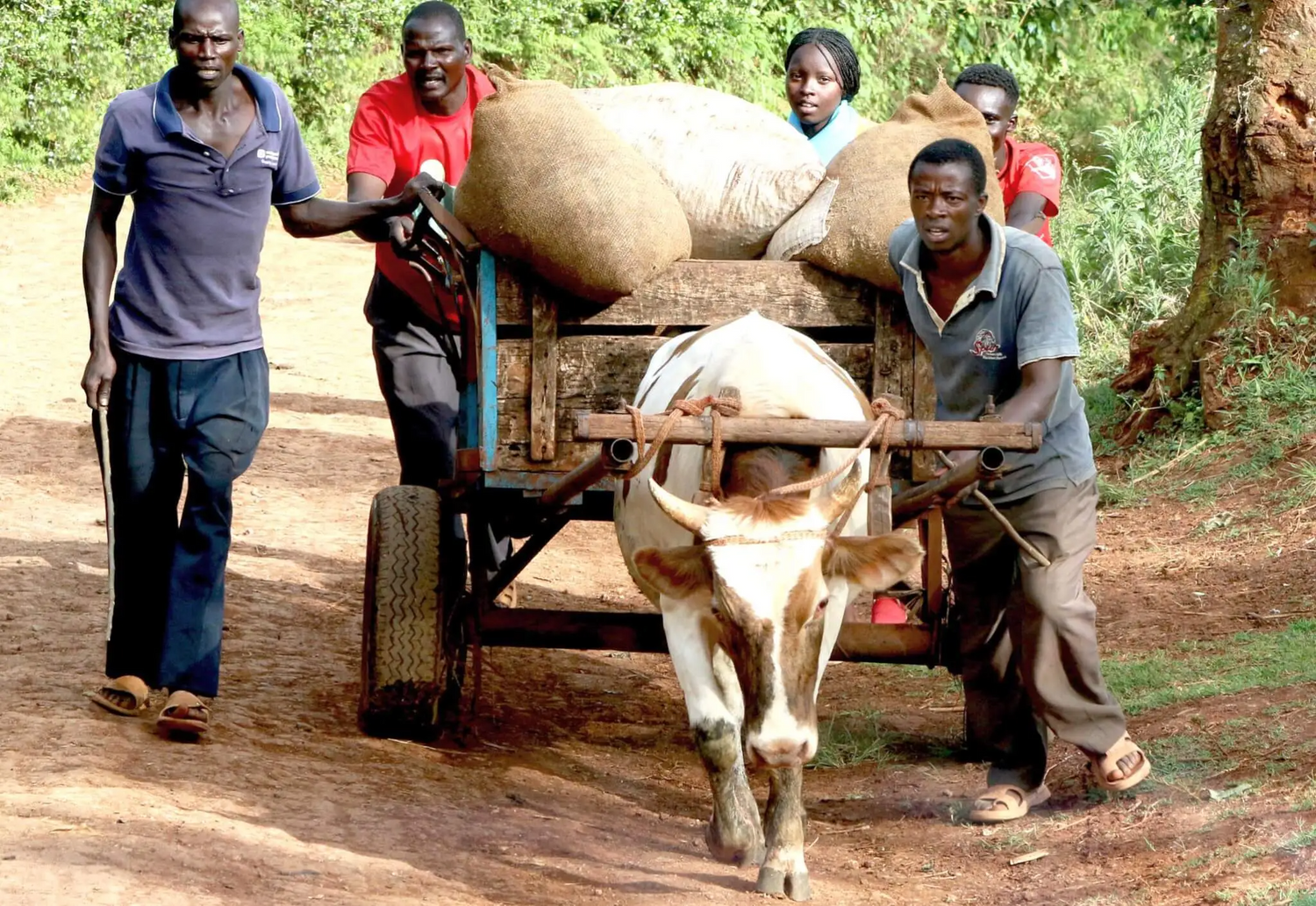
History of coffee in Kenya
Despite sharing over 865 kilometers of border with Ethiopia, the birthplace of coffee, coffee had to circumnavigate the world before it set roots in Kenya. While the earliest credible reports place coffee in Ethiopia around 850 C.E., coffee was not first planted in Kenya until 1893 when French missionaries planted trees in Bura in the Taita Hills.
Under the rule of the British Empire coffee production geared for export expanded. Large, privately owned coffee growing estates were established and most harvests went to England in parchment, where it was sold to roasters prior to milling. Roasters often blended the bright flavors of Kenya with more chocolatey South American coffees.
Though large estates grew in hectarage and value, indigenous Kenyans did not benefit. In fact, European settlers took direct action to exclude indigenous people from growing coffee themselves.
In order to decrease competition, make labor accessible and inexpensive and continue the increase of demand for high-quality coffee, the Coffee Board was created to make regulations on coffee production and marketing. The Nairobi Coffee Exchange (NCE) (which continues to this day) was established in Nairobi to leave more of the value of green coffee at origin.
The Coffee Board tightly controlled licensing for coffee growing and processing. While the laws put in place did not explicitly state that indigenous people could not grow coffee, large estate owners made it functionally impossible for indigenous farmers to attain coffee growing licenses until the 1950s.
These laws protected the interests of the large landowners. Not only could more cultivation drive down the price of Kenyan coffee, but large farmers feared that if smallholder and indigenous farmers had their own coffee farms to tend, they would not work as paid laborers on settlers’ farms.
Coffee from Kenya
-
Kamwangi AA
Tastes of Raspberry, apricot, brown sugar.Regular price From £10.50Regular priceUnit price per -
Kagumoini AB
Tastes of Blackcurrant, grapefruit, orangeRegular price From £10.00Regular priceUnit price per
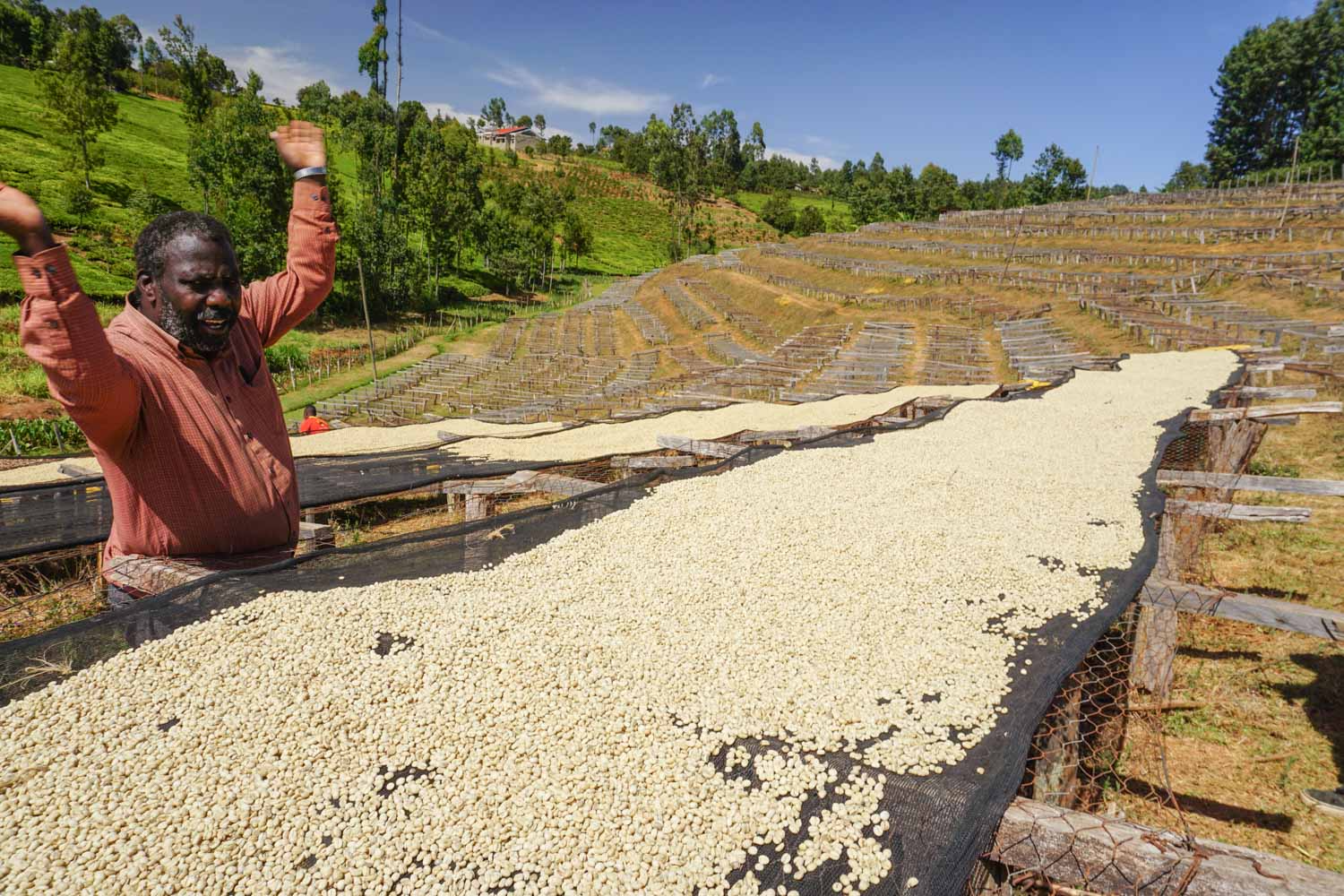
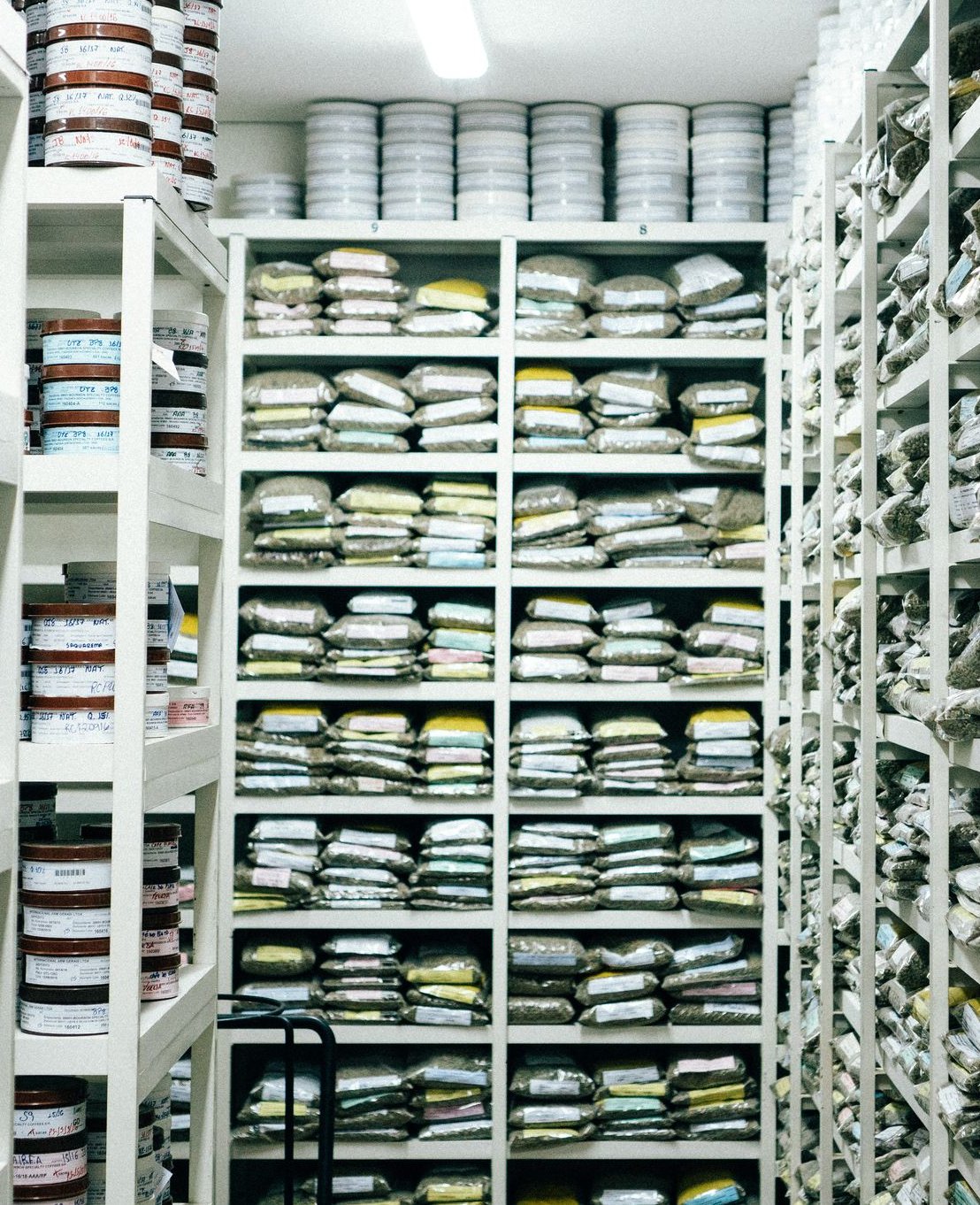
The origins of the coffee auction
Kenya’s coffee system has been centered on a weekly auction since before independence. The Coffee Board of Kenya (now the Coffee Directorate) was established in 1933. By the following year, a government-run auction system had been established. The auction also created a pricing system that is designed to reward better quality with better prices.
Today, the auctions are widely recognized as the most-transparent mechanism for the price-discovery of fine green coffees and is considered one of the finest auction systems in the world. It even served as an inspiration for the Cup of Excellence auctions.
New legislations in 2006 and 2018 provided additional opportunities for farmers to sell their coffee. While before 2006, the auction system was mandatory, the 2006 legislation, created a “second window” made it possible for coffee growers to sell directly to international buyers.
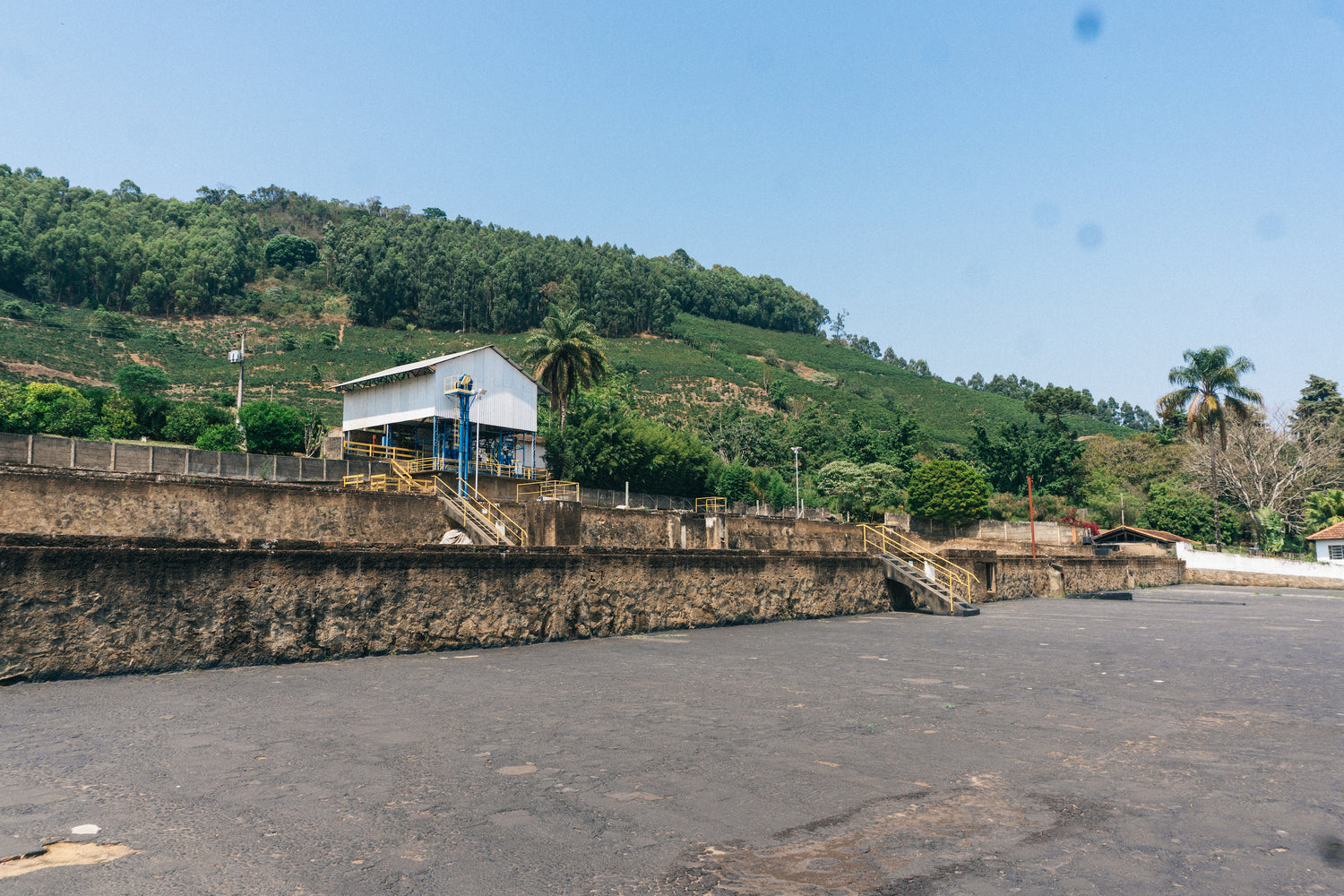
Varieties in Kenya
SL-28 and SL-34 are well-known Kenyan coffee varieties. They were bred by Scott Agricultural Laboratories (SAL). SAL was founded in 1903 by the Kenyan Colonial government to function as a research institution studying agricultural products.
SL-28 and SL-34 quickly became the varieties of choice for most growers. Their deep root structures helped them acquire water in the dry environments present throughout much of Kenyan, even without irrigation. These varieties also had higher yields than the traditional French Bourbon rootstock and were considered somewhat more disease resistant.
Though both SL varieties spread across Kenya extremely quickly, the release of Ruiru-11 in 1985 by the Kenya Coffee Research Institute (CRI) brought a new kid to the block. Many farmers planted the new Ruiru-11 variety because it was far more resistant to Coffee Berry Disease (CBD), a fungal disease attacking ripening coffee cherry, and Coffee Leaf Rust (CLR), a fungal disease that targets the leaves of coffee trees. It could also be planted at a higher density than the SL varieties, allowing farmers to maximize yields on small plots of land.
One downside to Ruiru-11 was that its shallower root structure made is more susceptible to drought and required more fertilizer. Farmers found that that by grafting Ruiru-11 to SL variety trees, they could have the best of both worlds. Trees where Ruiru-11 was grafted onto an SL variety plant had deeper root structures for drought-times (thanks to the SL variety) and higher immunity to disease and larger yields (thanks to the Ruiru-11).
Other farmers are experimenting with Batian, as well, a relatively new variety introduced by Coffee Research Institute (CRI) in 2010. Batian is named after the highest peak on Mt. Kenya and is resistant to both CBD and CLR. The variety has the added benefit of early maturity and begins bearing fruit after only two years. Some challenges (such as vegetative structure) have prevented it from becoming widespread so far, but its popularity is certainly growing.
While most farms in Kenya still have the traditional SL varieties, most also have Ruiru-11 and, increasingly, Batian. Most farms are far too small to be able to handle lot separation by variety. This means that most lots coming out of Kenya—whether single estate or smallholder group—are a blend of SL, Ruiru-11 and (sometimes) Batian.



